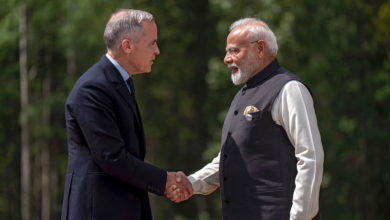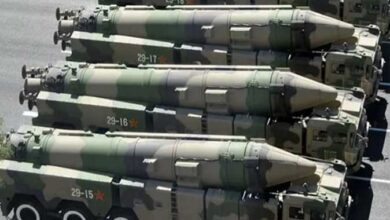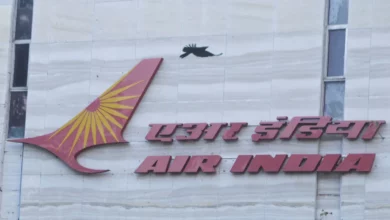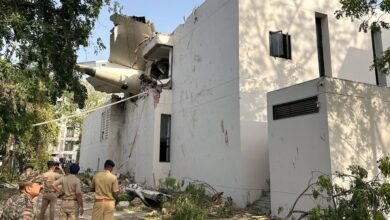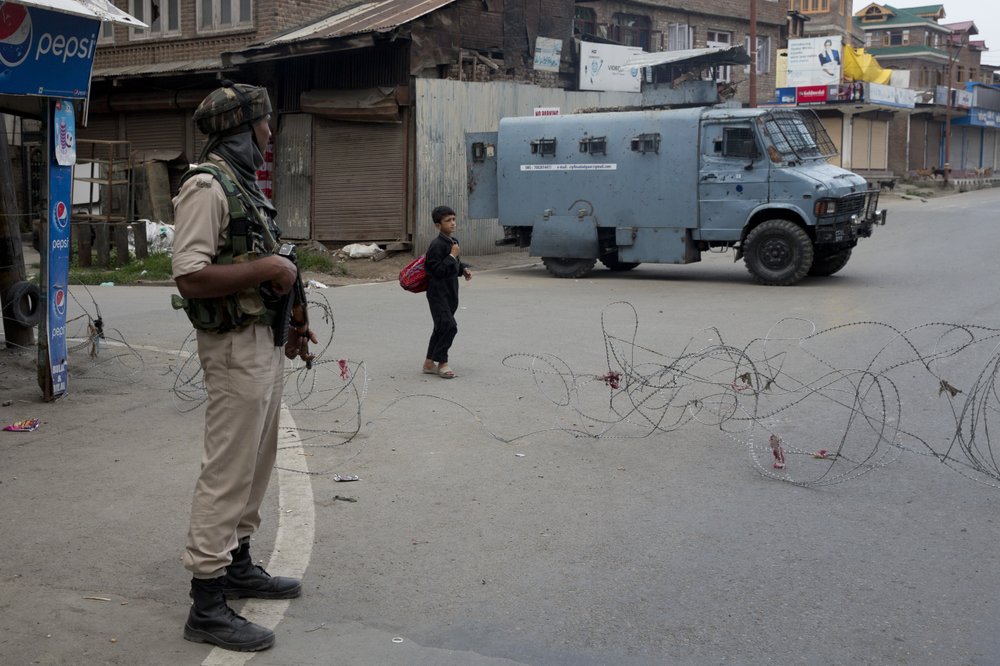
NEW DELHI (AP) — India’s surprise move to carve out sparsely populated Ladakh from the state of Jammu and Kashmir to make it a territory directly controlled by New Delhi has been met with protests in Kargil, a Muslim-majority border city in Ladakh that identifies culturally with Kashmir, suggesting that the Hindu nationalist-led government’s plan to redraw the country’s political map will be far from easy.
While some Ladakhi lawmakers from Leh, the main city in the heavily Buddhist region with historic ties to Tibet, hailed the move as a long-overdue response to their requests for separation from restive Kashmir, organizations in Kargil condemned the decision.
Mountainous Jammu and Kashmir comprises three regions: Hindu-majority Jammu, Muslim-majority Kashmir, and heavily Buddhist Ladakh.
On Tuesday, the Indian government revoked the special status of Jammu and Kashmir, cutting off communications and deploying thousands of troops amid fears of a violent reaction. Kashmir is claimed by both India and Pakistan, and rebels have been fighting Indian rule in the portion it administers for decades.
Lawmakers also passed a bill stripping the statehood of Jammu and Kashmir and dividing it into two territories, Jammu and Kashmir, which will have a legislature, and Ladakh, which will be governed directly by New Delhi.
Ladakh borders Tibet to the east and the Chinese territory of Xinjiang in the far north.
After Jammu and Kashmir’s special status was scrapped, Kargil’s religious and political organizations met to discuss the changes, releasing a statement condemning the Indian government for acting “without the consent from the people.”
The groups called for a districtwide shutdown on Tuesday as a “token of public resentment against the unjustful decision taken by the union government.”
Schools and shops were shuttered, and streets were empty except for a group of demonstrators who marched while shouting slogans decrying the separation of Ladakh.
The Imam Khomeini Memorial Trust, Kargil, an influential religious group in the region, supported the protest.
The chairman of the trust, Sheikh Sadiq Rajai, told The Associated Press on Wednesday that the new law amounts to an attack.
“It’s an attack on our identity. This decision will disempower our people,” he said.
Former Kargil lawmaker Asgar Ali Karbali also condemned the Indian government’s move to divide the region, referring to it as “a black day in the history of India.” Karbali said he doesn’t accept the decision, and that others in Kashmir also won’t.
“It was the people of Leh that were demanding that Ladakh be freed from the Kashmir region over a long time, not us. Kargil is against the division of Jammu and Kashmir on the basis of religion, language and region. The move is undemocratic,” Karbali said.
Kargil, nestled among sharp hillsides and rough terrain, is where India and Pakistan fought a war in 1999. The town once served as an important trade and transit center in the Pan-Asian trade network.
The people of Kargil have opposed Ladakh’s decades-long demand to be severed from Kashmir. The friction between the two districts has occasionally sparked clashes between the two communities.
Despite Kargil’s opposition, Ladakh’s elected representative to the Indian Parliament described the mood in the region as celebratory.
Tsering Namgyal drew thumping applause in the lower house on Tuesday when he said that Ladakhis long to be an inseparable part of India.
In a tweet, Prime Minister Narendra Modi complimented Namgyal, saying he had “coherently presented aspirations of our sisters and brothers from Ladakh.”
Ladakhi Buddhists have often claimed that the region’s policies were Kashmir-centric and discriminated against them.
The Gyalwang Drukpa, the spiritual head of the Ladakh-based Drukpa Order of Buddhism, wrote to Modi to express gratitude.
Still, residents of Kargil on Wednesday said they felt more affinity with Kashmir than Leh, and worried that the decision could lead to a flood of people from outside the region damaging their pristine landscape.
“Our jobs are in danger. Now people from India will come here and settle. Our jobs will go to them. We were never consulted before India took this decision,” Ghulam Mustafa said.
In this Tuesday, Aug. 6, 2019 photo, a Kashmiri boy walks past an Indian Paramilitary soldier after buying fresh bread during curfew in Srinagar, Indian controlled Kashmir, Wednesday, Aug. 7, 2019. Authorities in Hindu-majority India clamped a complete shutdown on Kashmir as they scrapped the Muslim-majority state’s special status, including exclusive hereditary rights and a separate constitution, and divided it into two territories. (AP Photo/Dar Yasin)
By SHEIKH SAALIQ

